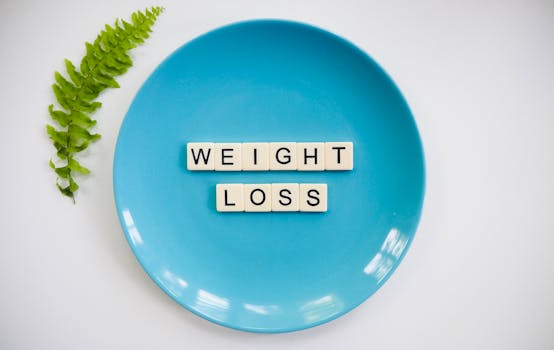Many people with excess weight and type 2 diabetes are hearing more about diabetes meds for weight loss as a tool alongside diet and exercise. These medications can help reduce appetite, slow gastric emptying, and in some cases improve blood sugar control — but they are not one-size-fits-all. This guide explains how these options work, what to expect, and practical steps if you and your clinician are considering prescription treatment.
How diabetes medications for weight loss work
Medications that cause weight loss in people with diabetes usually act on hormones or brain centers that regulate appetite and satiety. Injectable diabetes medications such as GLP-1 receptor agonists mimic gut hormones to reduce hunger and delay gastric emptying. Other drugs affect insulin sensitivity or glucose reabsorption. Understanding the mechanism helps set realistic expectations: most of these treatments support weight reduction when combined with lifestyle changes.
Which are considered the best diabetes drug for weight loss?
There isn’t a universal “best” for everyone, but clinicians often point to certain GLP-1 agonists and newer agents as leading choices. Terms you may encounter include best diabetes medication for weight loss and diabetes drug for weight loss. Medications like semaglutide and tirzepatide have shown notable weight loss in trials, and conversations about the best diabetes drug to lose weight typically reference these. For people with type 2 diabetes, choosing the diabetes drug used for weight loss depends on other health factors, cost, and tolerance for side effects.
Common categories and examples
- GLP-1 receptor agonists (injectable diabetes medications): often discussed as diabetes medication to lose weight and diabetes medication used for weight loss.
- SGLT2 inhibitors: have modest weight effects and are part of diabetes meds to lose weight strategies in some patients.
- Insulin adjustments: while insulin is essential for many people, insulin for weight loss is not generally recommended; dosing and type can influence weight, so clinicians balance glucose control with weight goals.
Practical considerations: safety, side effects, and access
When thinking about diabetes medications that cause weight loss, consider side effects like nausea, gastrointestinal upset, and rare but serious risks — all typically reviewed with your provider. Affordability and insurance coverage matter; some new weight loss drugs and new diet pill options are expensive. If you’re curious about how to obtain a prescription specifically for GLP-1 therapies like Ozempic, see this resource on how to get prescribed Ozempic for weight loss which walks through evaluation and prescribing considerations.
Emerging options and what “new” means
Research keeps producing a new medicine to lose weight, new drug to lose weight, and the newest weight loss drug headlines. Terms you might see in coverage include new diet drug, new diet pill, and new weight loss pill. One example is the mounjaro weight loss drug (tirzepatide), often labeled a new weight loss drug in press reports. Always verify claims and talk to a clinician about whether a new drug for type 2 diabetes helps with weight loss for your specific health profile.
Integrating meds into a broader plan
Medications work best alongside a diabetic diet and exercise plan. Expect discussions about diet pills for diabetics versus lifestyle-first approaches. Some people search for diet pills for diabetics or diabetic diet pills to lose weight; however, many pharmacologic options are prescription-only and require monitoring. If weight loss and glycemic control are linked goals, your clinician may emphasize drugs that both lower A1c and support weight change — often described as drugs to lower a1c and weight loss.
Who might benefit
People with type 2 diabetes struggling with weight despite lifestyle efforts, or those with cardiovascular risk factors where certain medications provide dual benefits, may be appropriate candidates. Talk to a provider about risks and benefits, including diabetic medicine to lose weight or diabetic medicine used for weight loss if you have other health conditions.
Resources and evidence
For a reliable overview of type 2 diabetes and management principles, consult public health resources like the CDC overview of type 2 diabetes. Evidence summaries and clinical guidelines are especially helpful when weighing options like the newest weight loss drug or weight loss medicine for diabetes.
- Discuss goals and safety with your clinician before starting any diabetic medicine used for weight loss.
- Understand side effects and required monitoring for injectable diabetes medications and other therapies.
- Combine medication with a sustainable diet and activity plan tailored to diabetes management.
FAQ
Q: Are there pills that cause weight loss for people with type 2 diabetes?
A: Some oral diabetes agents can lead to modest weight loss, but most significant weight-loss effects have come from injectable GLP-1s and newer agents. Search terms people use include diabetes pills and weight loss and weight loss pills for diabetes type 2, but prescriptions and supervision are required.
Q: Is insulin ever used to lose weight?
A: No — insulin for weight loss is not a strategy; insulin can contribute to weight gain in some situations. Managing doses and choosing appropriate medications helps balance glycemic control with weight goals. Talk with your clinician about alternatives and comprehensive plans.






